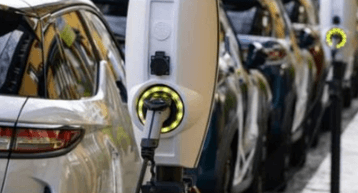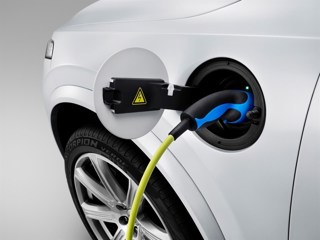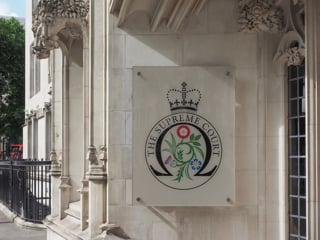Car retailers have been told that the “clock is ticking” on tax incentives for business customers switching to electric vehicles (EV).
Three months after car buyers were hit by Government’s decision to axe the plug-in car grant (PiCG) for zero-emissions capable vehicles RSM has highlighted the need for retailers to advise business customers well on the upcoming end of other, tax-based, incentives.
For around 20 years, first year allowances (FYAs) have been available for low emission cars purchased for business use, enabling tax relief to be claimed for 100% of the vehicle’s cost in the year of purchase.
However, RSM pointed out that only qualifying low emission or electrically propelled car purchases made on or before March 31, 2025 will qualify for FYAs with expenditure incurred on the provision of charging points only eligible for FYAs before April 5, 2023 for income tax purposes (or 31 March 2023 for corporation tax purposes).
 Alison Ashley, RSM’s head of motor retail, said: “Increased demand for electric cars, coupled with well documented supply chain issues across the sector, mean that delivery of the vehicle can take many months.
Alison Ashley, RSM’s head of motor retail, said: “Increased demand for electric cars, coupled with well documented supply chain issues across the sector, mean that delivery of the vehicle can take many months.
“For capital allowance purposes, expenditure is treated as incurred once an obligation to pay becomes unconditional.
“Where payment is not required until delivery, this could delay or reduce the tax relief available. With the above dates in mind, it is therefore important for dealers and customers to understand the timing implications.”
Matt Brown, tax associate director at RSM, added: “First year allowances (FYAs) are designed partly to encourage businesses to invest in green business assets, such as electric cars, incentivised by 100% tax relief of the vehicle’s cost in the year of purchase.
“There is also no upper limit to the amount of FYAs that can be claimed in any given year. If a car purchase does not qualify for FYAs, capital allowances are instead available at a maximum rate of 18% per year on a reducing balance basis.
“Depending on the value of the vehicle, this could take around 20 years for tax relief to be obtained in full for the cost of the car.
“For example, a sole trader or a partner in a business that purchases an electric car for £50,000 before 31 March 2025, compared to purchasing the same car after this date will lead to a significant difference in tax relief.
“A purchase before this date can provide tax relief of up to £24,125 in year one, meaning the net cost of the car could be as low as £25,875.
“A purchase of the same vehicle on or after 1 April 2025 would provide tax relief of just over £4,342 in year one – a difference of over £19,780.”
Brown added: ‘If the tax benefits of replacing existing CO2 emitting cars with new electric versions could perhaps be described as the ‘carrot’ to encourage businesses to invest in such assets, then the sunset clauses noted above could perhaps be the ‘stick’ to encourage businesses to make such an investment sooner rather than later – before time runs out.”
Currently, businesses of all sizes can claim FYAs on a car provided that:
- The car is unused and not second-hand;
- It is registered on or after April 17 2002;
- It is an electric car, or a car with a car producing zero CO2 emissions; and
- The expenditure is incurred on or before March 31, 2025.




















Login to comment
Comments
No comments have been made yet.